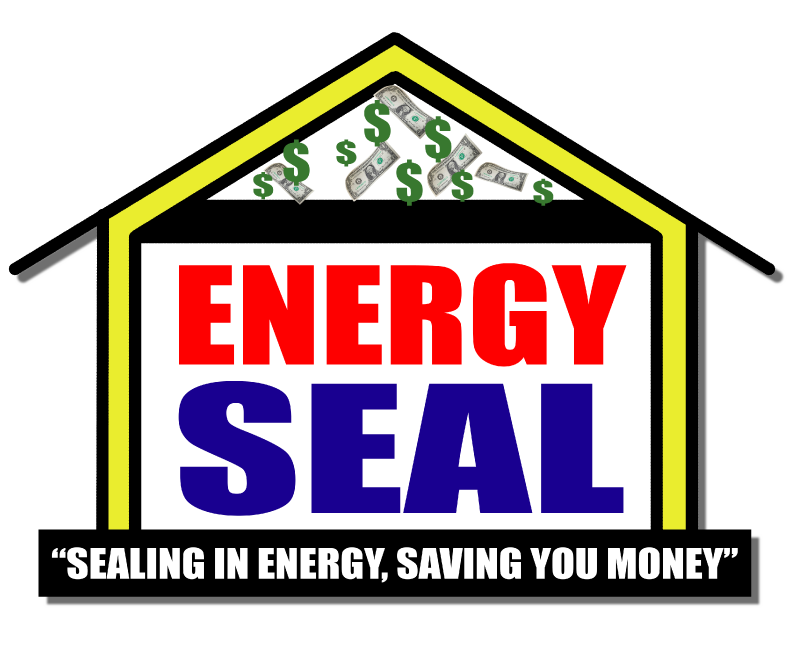SPRAY FOAM INSULATION PRODUCTS AND APPLICATIONS
Spray Foam for Residential Applications
According to the Air Barrier Association of America, a "typical 2,500-square-foot home has more than a half mile of cracks and crevices.” Unsealed, about a third of the air leakage in a home occurs through the floors, walls and ceilings. Air flows most readily through gaps in drywall and sheathing, such as those created during installation of doors, windows and rim and framing joists, as well as wall perforations around electrical outlets and plumbing. Conventional insulation systems such as fiberglass batt require separate air barriers or additional sealing to perform at labeled R-values in real walls, allowing for an additional margin for error in insulation installation and performance. Using ccSPF, however, reduces air leakage, in addition to providing insulation.
Greener
Energy Seal® Spray Foam insulation systems are eco-friendly using renewable energy sources, such as caster, nuts, soy beans, sugar cane, sugar beets, and corn. Using our products in your home will help reduce the emissions of greenhouse gasses into the environment such as carbon dioxide and methane.
Stronger
Closed cell foam adds significant structural strength to any home to which it is applied. In many tests conducted, the closed cell foam doubles the racking load making your home more resistant to severe weather conditions. Closed cell foam will not sag, settle, or lose its R-Value like loose fill and fiberglass insulation.
Healthier
Energy Seal® Spray Foam proprietary formulas contain no HCFCs, VOCs, or formaldehyde; making Energy Seal® insulation systems free of toxic air contaminants. Foametix® will not settle or decay, and there is no off gassing over time. Foametix® systems are environmentally sound, so breathe easier, Energy Seal® Spray Foam has got you covered.
Contact Energy Seal today for more information regarding our spray foam insulation services and learn how you can save money on heating and cooling bills immediately!
What areas should be insulated?
Ceilings, walls, attics, floors, and around doors, windows, electrical outlets and lighting fixtures are all areas that should be insulated as they allow for the infiltration and exfiltration of air.
What is R-value?
R-value is the measurement of thermal resistance or the resistance to heat flow. Higher R-value means more insulation efficiency, but "air tightness" is just as important when choosing an insulation product.
What is the initial R-value of spray foam insulation?
The R value of open cell is 3.4. The R value of closed cell is 6.8.
Is R-value the most important factor to consider when choosing an insulation product?
While R-value is an important insulation factor, there are other principles to consider when determining insulation efficiency. The more insulation you install, how and where you install the insulation, and the form of insulation you choose all impact the effectiveness of the thermal envelope. While traditional insulation products may offer products with high R-values, only a spray applied polyurethane foam offers the air tightness necessary for superior insulation.
Is Spray foam mold and mildew resistant?
Our insulation products do not sustain fungal or bacterial growth. It repels water and creates an air tight barrier that drastically reduces moisture related problems in your home or work place.

Get a Free Quote
We specialize with installing spray foam in all residential, commercial & industrial applications. Call 888-306-3626
